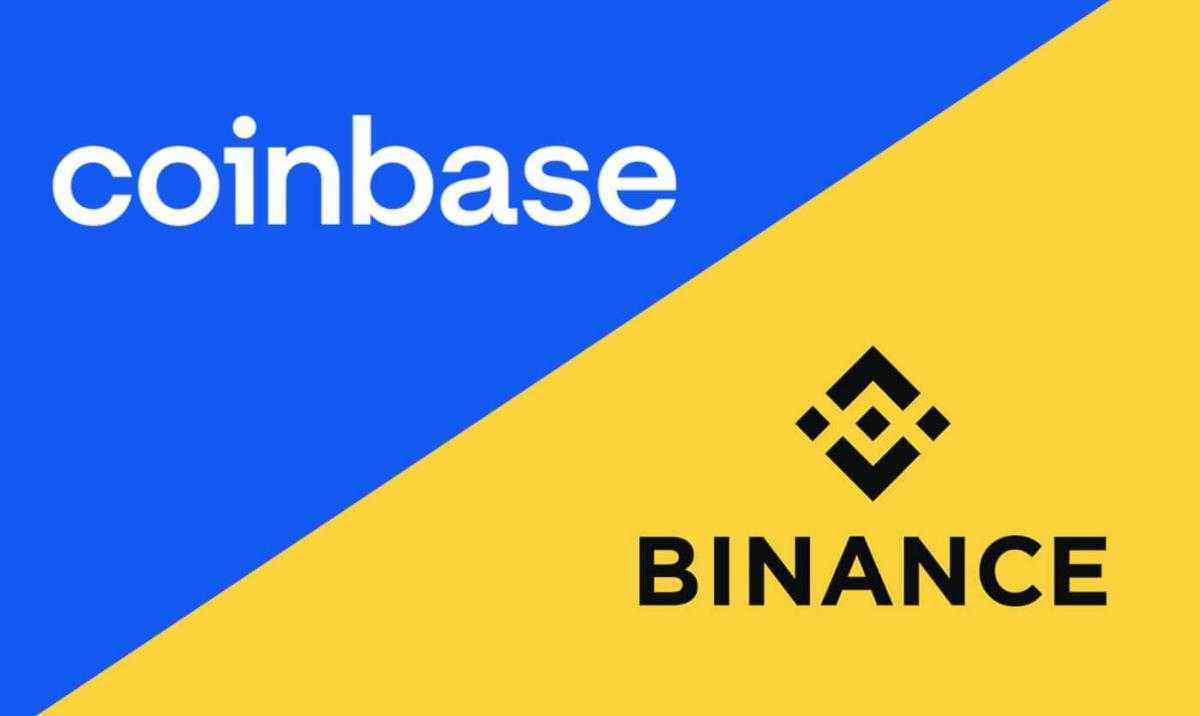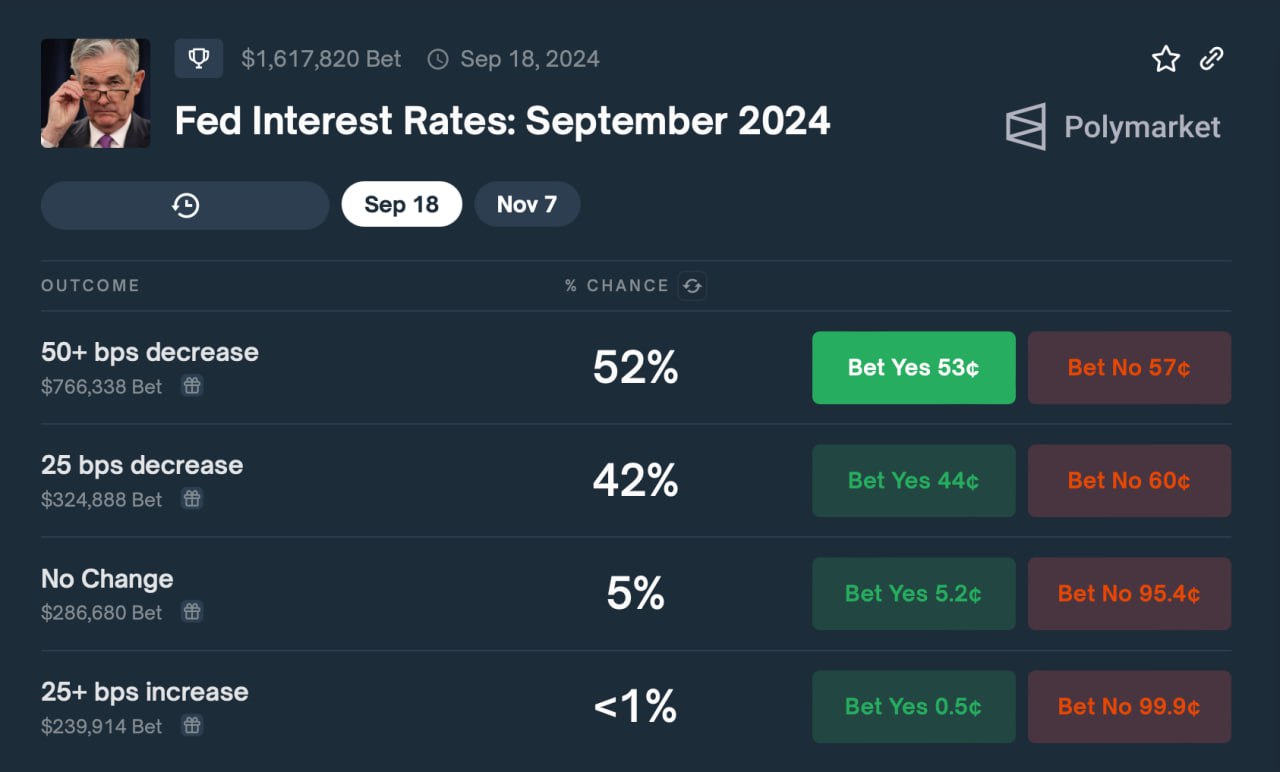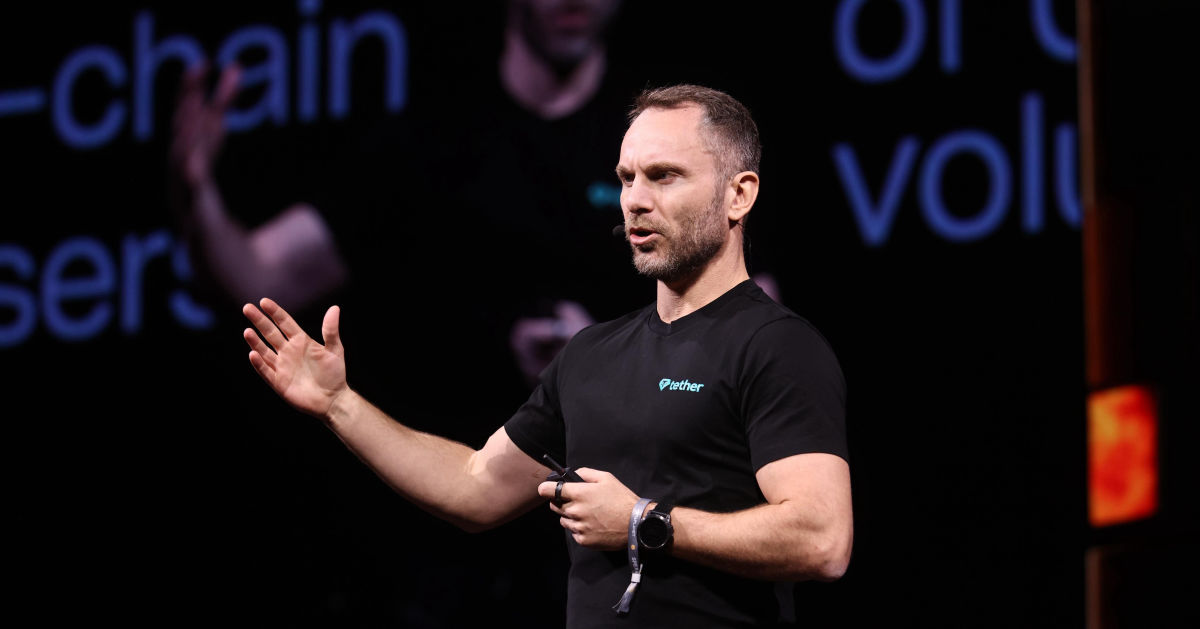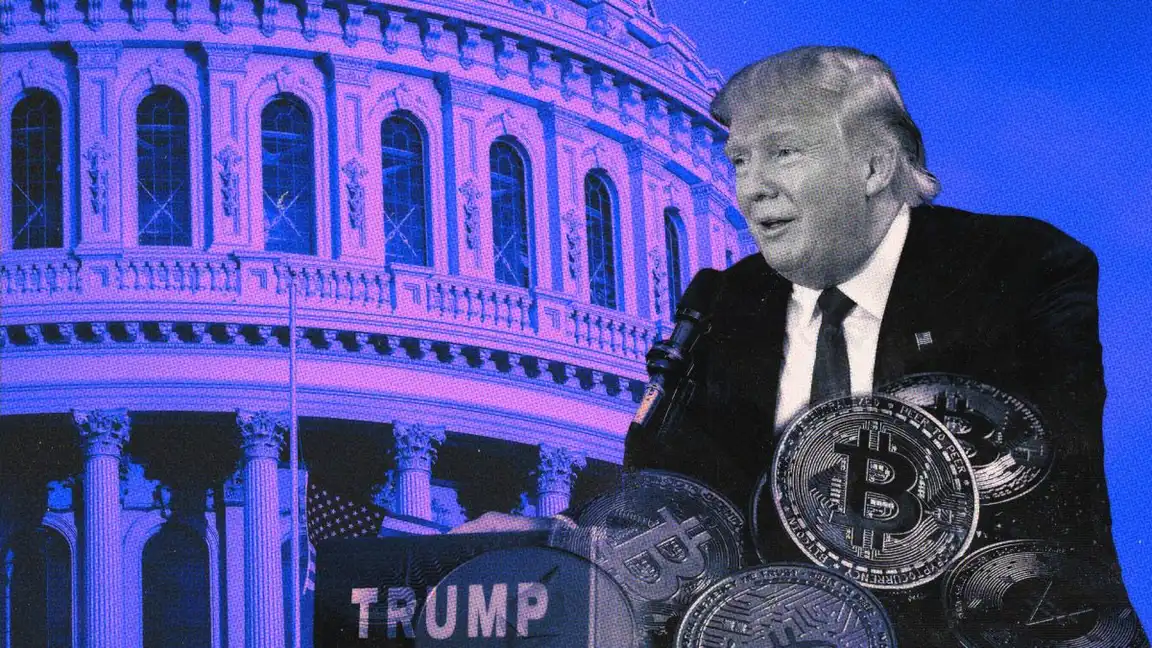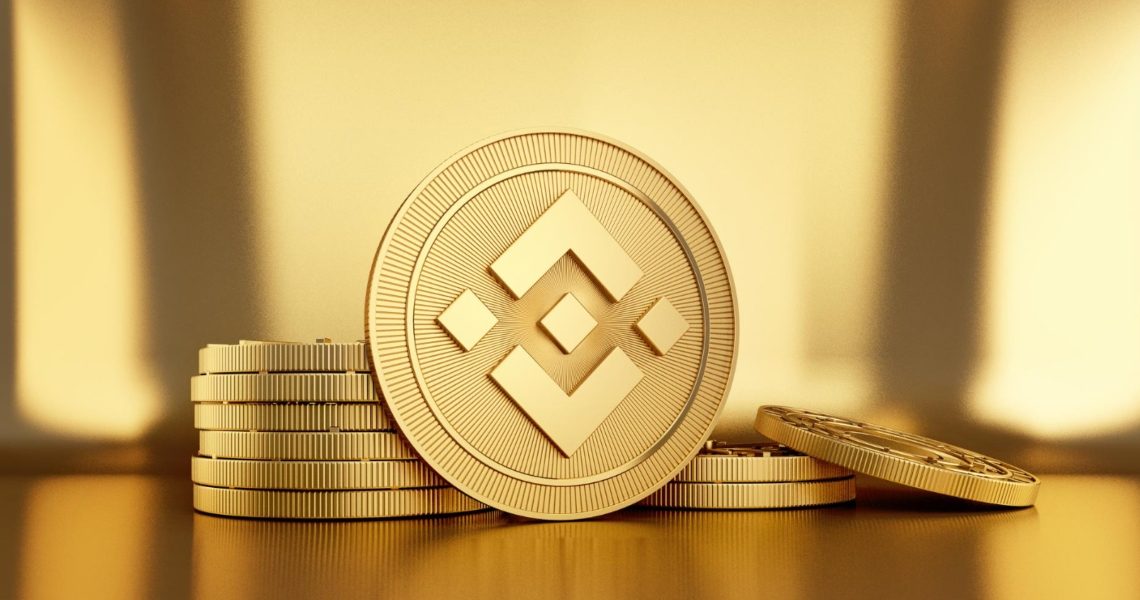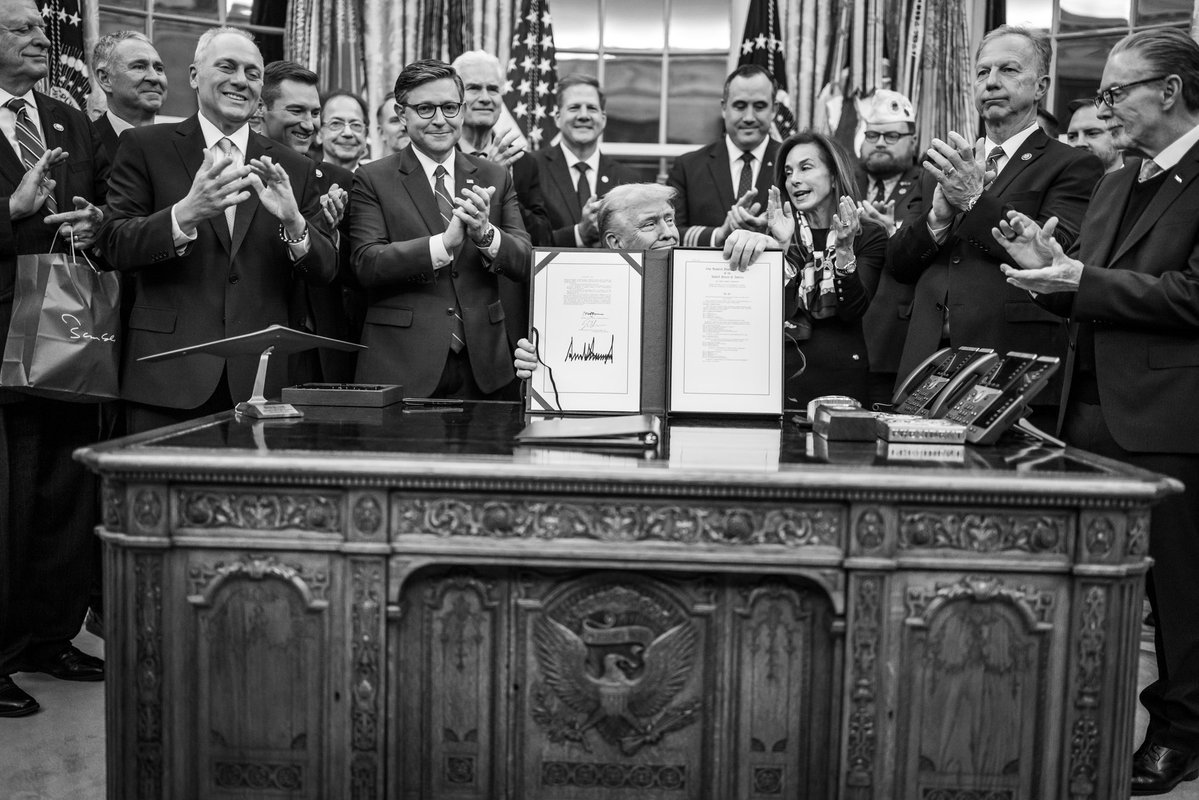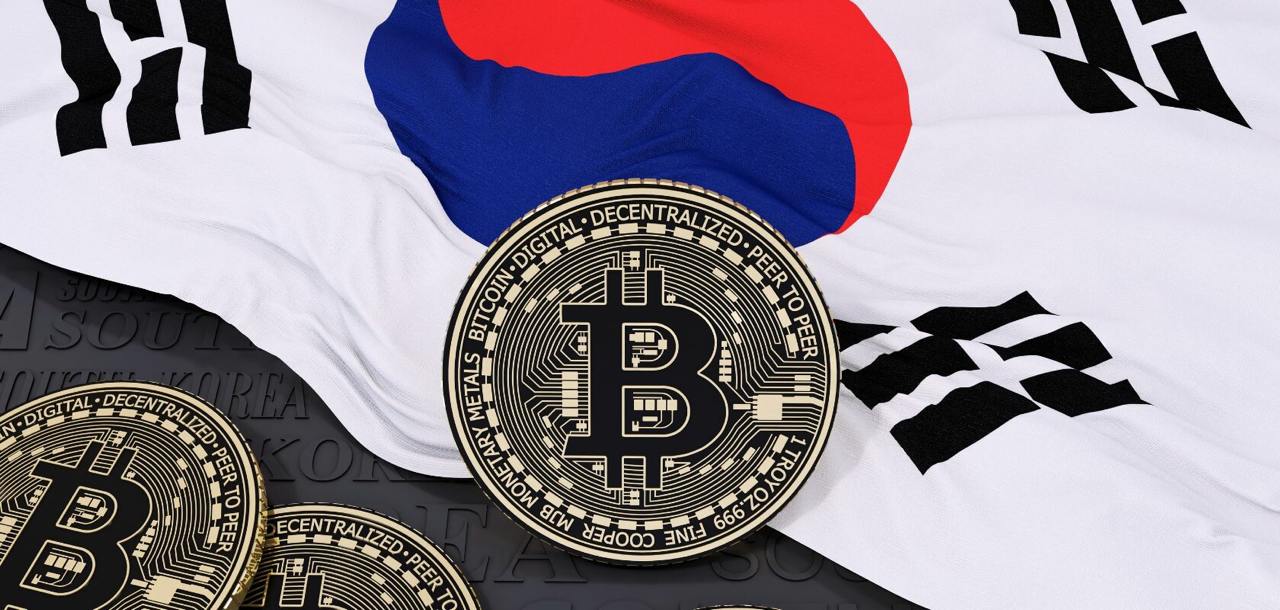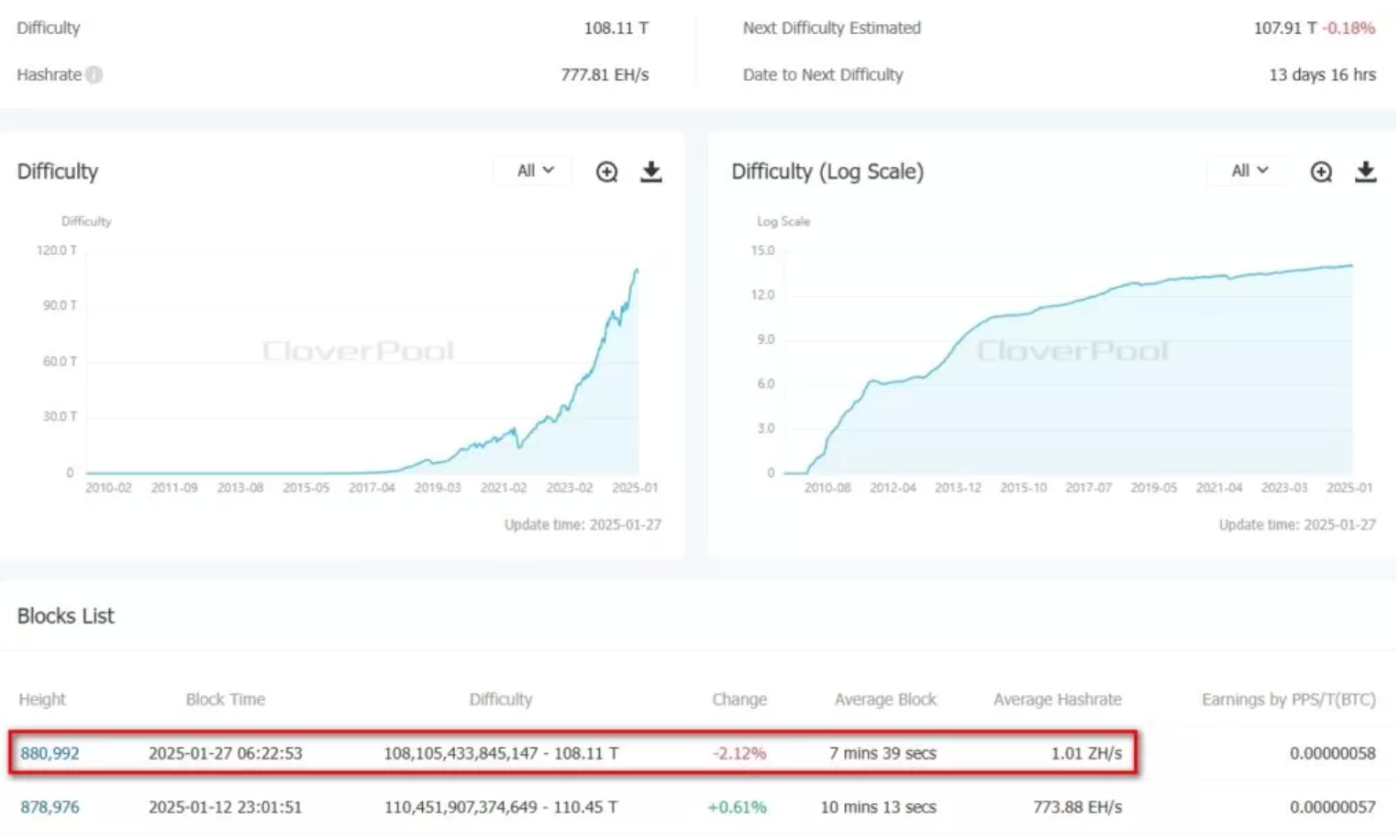Amid growing competition between major crypto exchanges, a recent Bloomberg article published on July 11 has sparked controversy. The article claims that Binance was involved in developing the technological infrastructure for a new stablecoin, USD1, issued by World Liberty Financial (WLFI). According to anonymous sources cited by Bloomberg, this initiative was allegedly aimed at helping Changpeng Zhao (CZ) secure a pardon from former U.S. President Donald Trump, enabling him to return to Binance’s leadership.
However, it wasn’t just the article that stirred debate, but also a statement by crypto analyst Matt Wallace, who accused Coinbase of being Bloomberg’s anonymous source. According to Wallace, the article was part of a deliberate campaign to damage Binance’s reputation and undermine its position in the U.S. market. His post was retweeted by Binance founder CZ himself.
“Binance is a global leader in the crypto exchange space. A return to the U.S. could immediately reduce Coinbase’s market share and deal a serious blow to its profits. What’s most surprising is that the platform chose to target President Trump in an attempt to harm its competitor. That’s an anti-American move!” Wallace wrote.
In response, Coinbase’s Chief Legal Officer Paul Grewal denied the accusations, calling Wallace’s claims disinformation:
“We had nothing to do with that article. We don’t attack competitors and welcome any company that shares our mission of advancing the crypto industry,” he said.
This is not the first time the media has linked CZ with Donald Trump’s circle. Back in March 2024, Bloomberg and The Wall Street Journal published reports claiming Zhao was seeking a presidential pardon through business ties with Trump’s family. Binance denied these allegations, and CZ called the reports a smear campaign, suggesting possible legal action against the publications.
It’s worth noting that in April 2024, Changpeng Zhao pleaded guilty to violating U.S. laws and subsequently served four months in an American prison.
The situation highlights the escalating tensions between key players in the crypto industry—where the battle is no longer just about profits, but also about political influence and regulatory power in the U.S.
